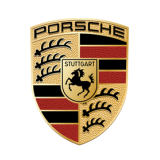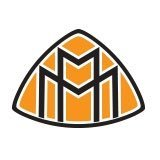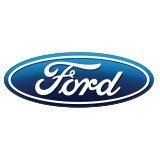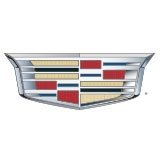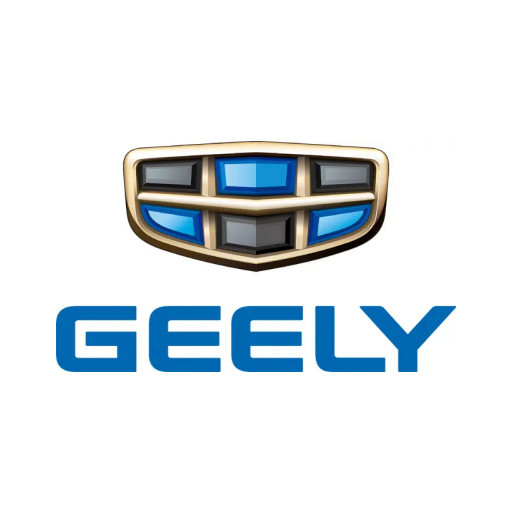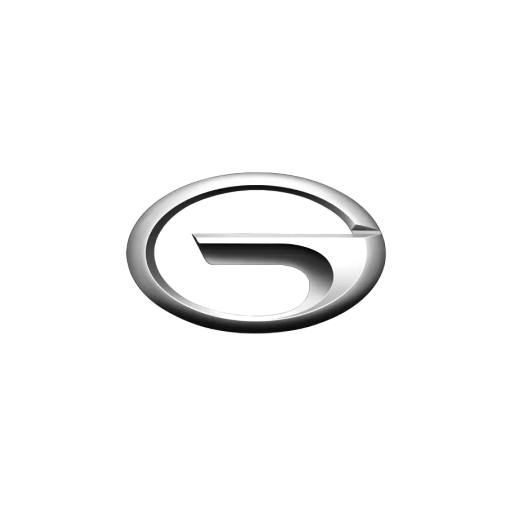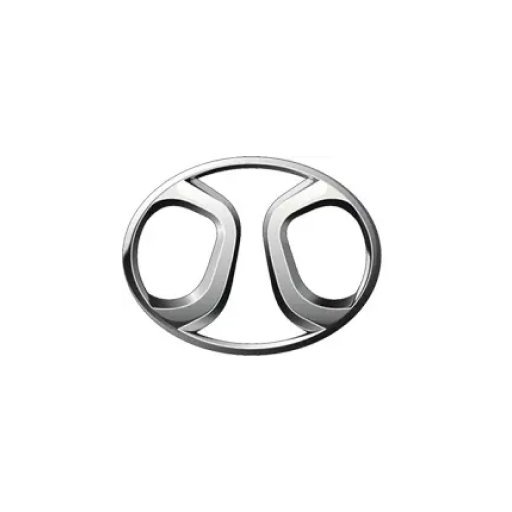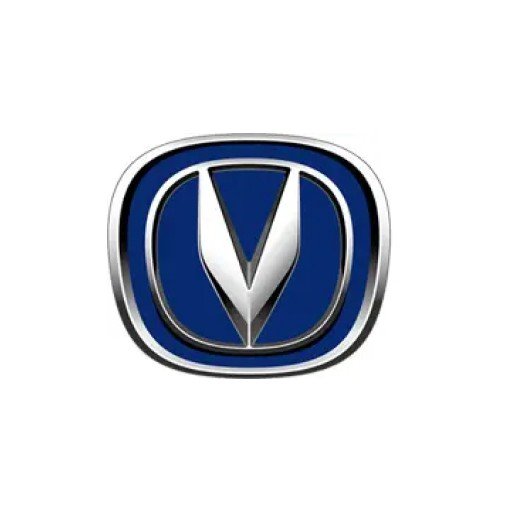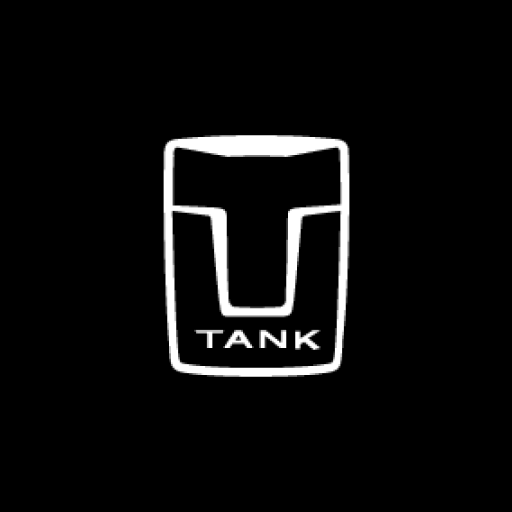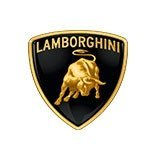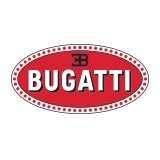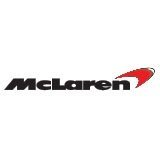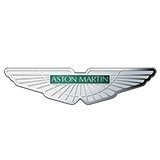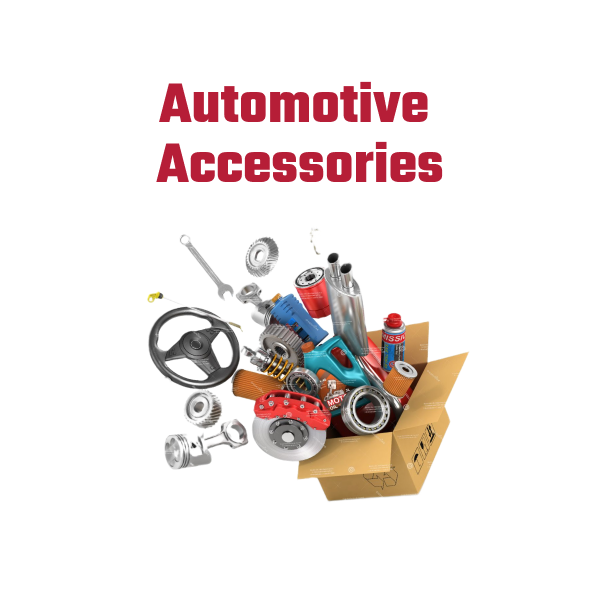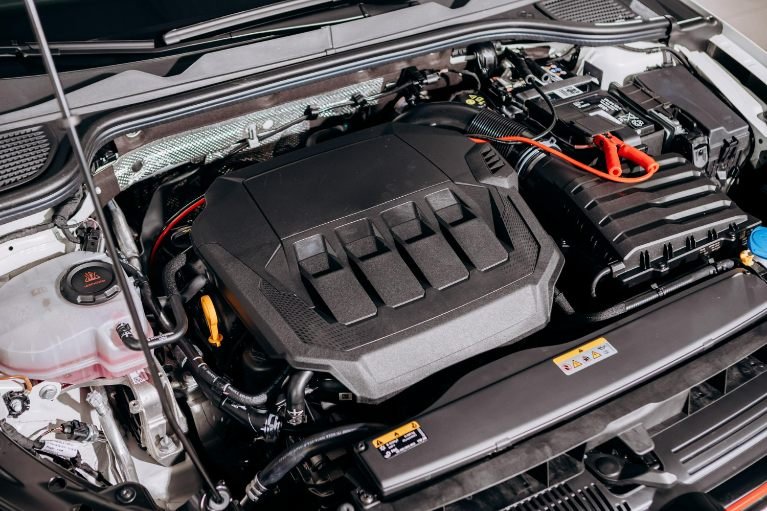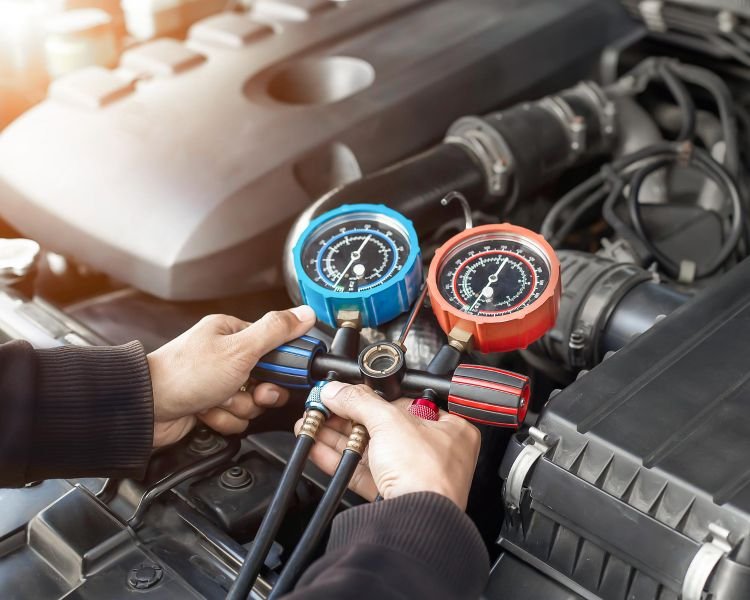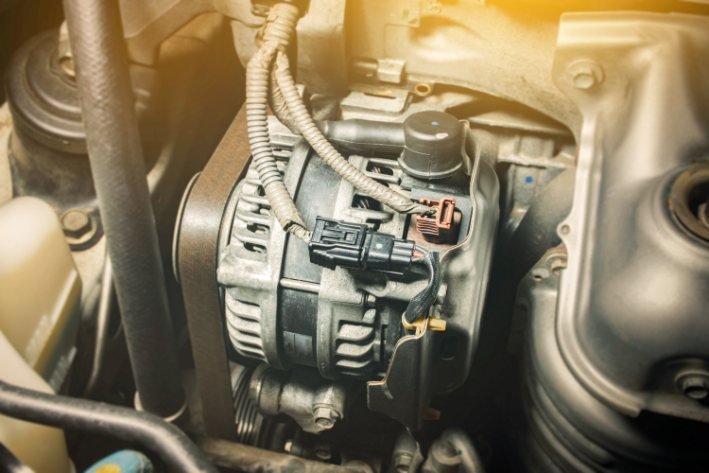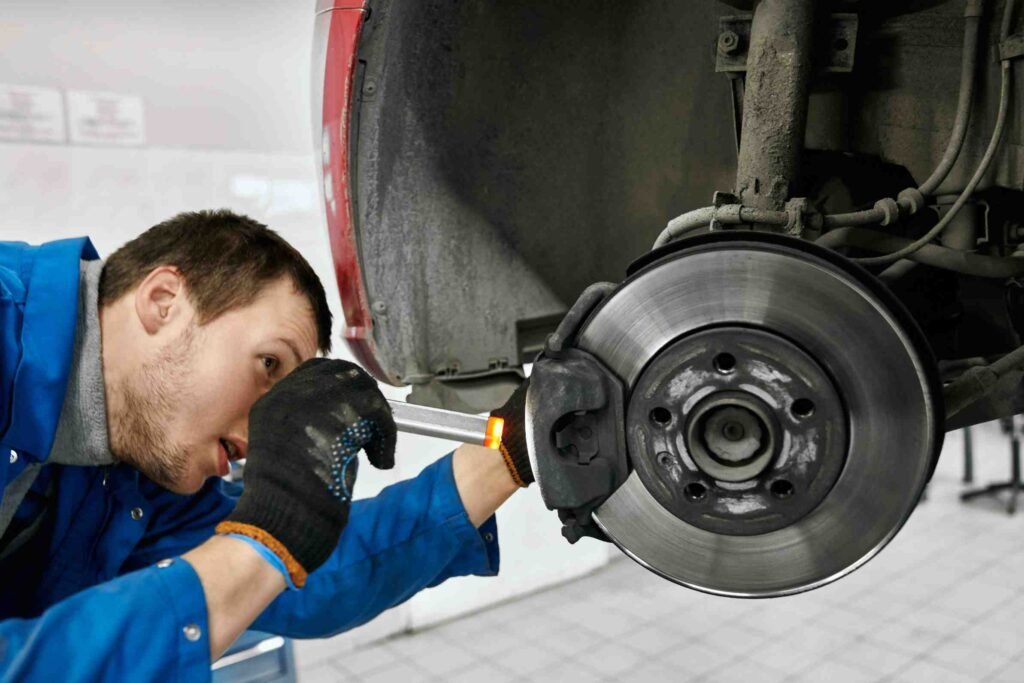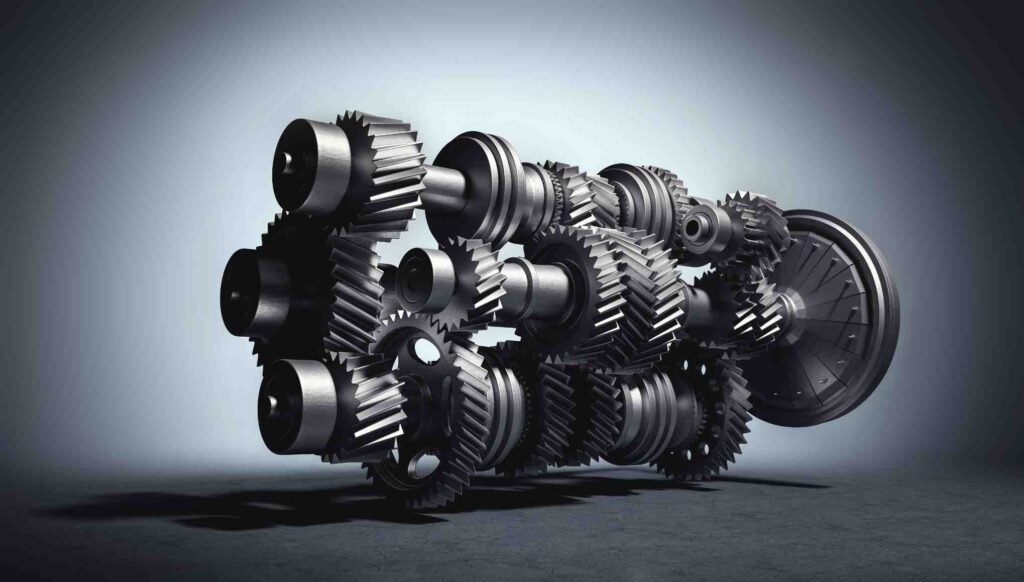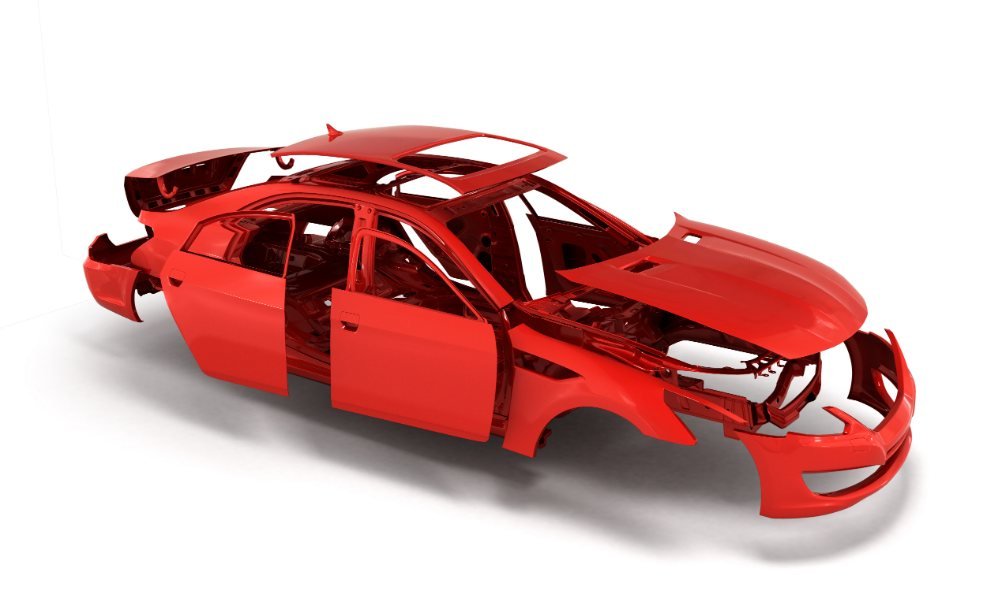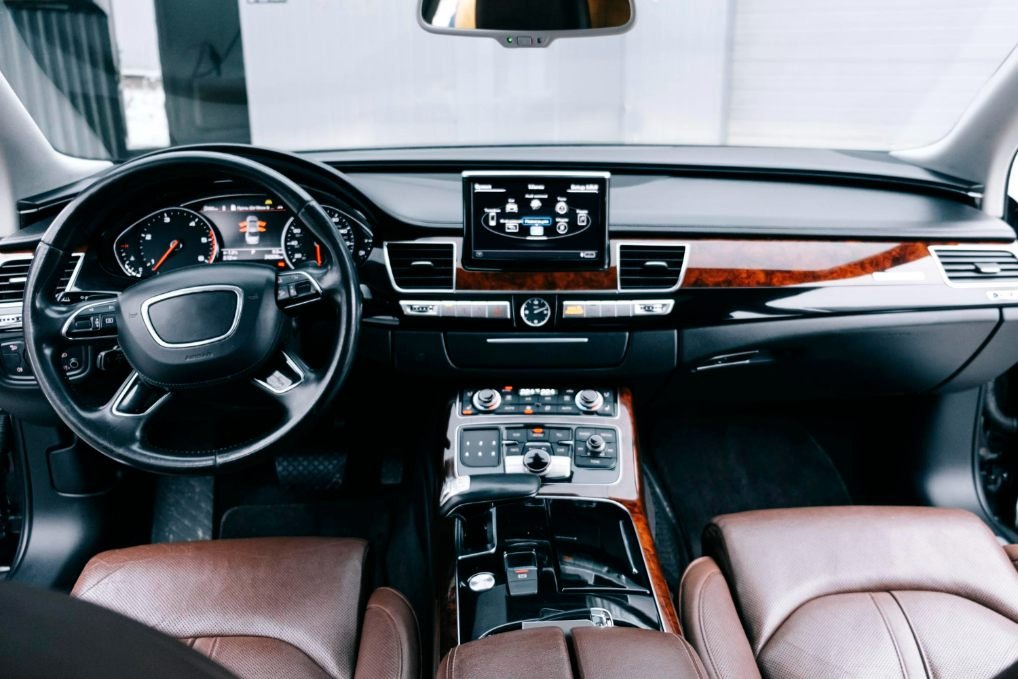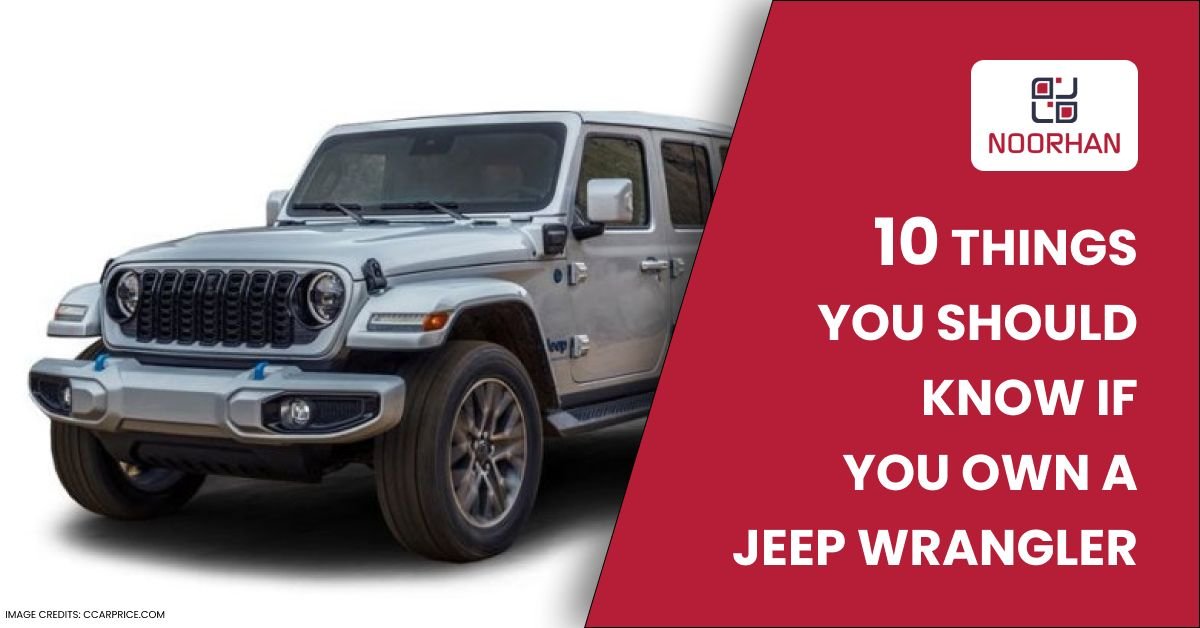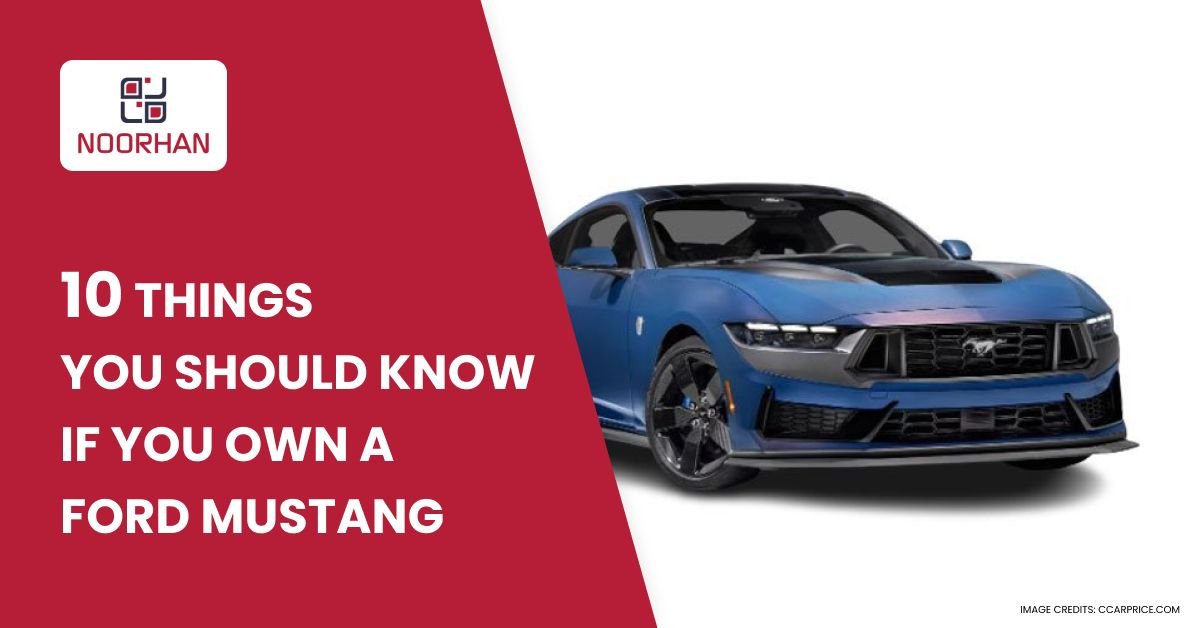Volkswagen Through Time: A Concise Volkswagen History
The Volkswagen Group, commonly known as Volkswagen AG. Volkswagen is a prominent car manufacturer based in Germany, It was set up by the German government in 1937 so that they could make an affordable “people’s car” in large numbers.
Its main office is in the German city of Wolfsburg, which is in the state of Lower Saxony. The Nazi group known as the German Worker’s Front (Deutsche Arbeitsfront) was in charge of running the business when it first started.
In this article, we will discuss the history of Volkswagen. Volkswagen is a well-known brand in the car business because it has done a lot of important things, like manufacturing the famous Beetle and putting a lot of effort into developing technology for electric cars. The Beetle, a well-known model of car that was first introduced by VW in 1938 and has since become an icon of the brand, is still well-known and appreciated today. Let’s now take a look at some of the most influential milestones and innovations that have led to this.
The History of Volkswagen: A History of Quality, Reliability, and Innovation
Volkswagen has a rich heritage that is marked by quality, dependability, and forward-thinking innovation. Since its founding in 1937, Volkswagen has evolved into one of the world’s most recognizable and reliable automotive brands, earning it a place at the top of the automotive market.
Below is a brief overview of Volkswagen’s history, showing some of the most significant events and developments that have helped the company become so well-known:
1930s:
- In 1930, the well-known car designer Ferdinand Porsche came up with the initial concepts for a car that would be affordable, would be able to be manufactured in large numbers, and would be compact.
- In 1933, the Nazi government of Germany contacted Porsche with the intention of ordering the production of a “people’s car” that comes under the financial reach of all German citizens.
- The first Volkswagen prototype was shown to the public for the first time in 1937, and manufacturing started the following year.
1940s:
- During WWII, Volkswagen’s factories manufactured a variety of military vehicles, including the Kübelwagen and the Schwimmwagen, and other models.
- With the conclusion of the war, the British Army gained control of the VW plant in Wolfsburg and started manufacturing cars for sale to the public.
1950s:
- The VW Type 2, commonly known as the “Transporter” or the “Microbus,” was first made available to the public in the year 1950. In 1984, Volkswagen introduced the Jetta in the North American market. The Jetta was a sedan version of the popular Golf.
- Volkswagen debuted the Kármán Ghia, an elegant sports car that was very well accepted by customers in the United States, in the year 1955.
- 1959 featured the release of Volkswagen’s Type 3, a small car that was intended to go head-to-head with other similarly sized vehicles such as the Ford Cortina and the Opel Kadett.
1960s:
- The year 1960 witnessed the acquisition of Auto Union by Volkswagen, which included the Audi brand. VW was successful in broadening its product portfolio and accessing new markets as a result of this purchase.
- The Ford Model T took the crown for the best-selling car until 1961, after which it was overtaken by the VW Beetle, which went on to become the best-selling car of all time.
- In 1969, Volkswagen released the Type 4, an upgraded and more powerful version of Type 3 that was intended to compete with the BMW 02 Series and the Mercedes-Benz W114. Type 4 was much bigger than its predecessor.
1970s:
- In 1970, Volkswagen released the Golf, a compact car that was intended to replace the ageing Beetle as the company’s primary product. The Golf was a huge hit for Volkswagen and quickly became one of the brand’s most popular models.
- Volkswagen released its Passat, a midsize car, in 1973. The Passat was intended to compete with other midsize cars such as the Ford Taunus and the Opel Ascona.
- The VW Scirocco was a fast coupe that was first released in 1974 and was based on the Golf chassis.
1980s:
- In 1982, Volkswagen released the second version of the Golf, which boasted a design that was more aerodynamic and improved economy in terms of fuel consumption.
- In 1984, Volkswagen launched the Jetta, which was essentially a sedan version of the Golf hatchback. Once it was first launched, the Jetta model quickly gained popularity in North America.
- Volkswagen launched its Syncro all-wheel-drive technology in 1986, manufacturing it available on the Golf, Jetta, and Passat models.
1990s:
The third generation of the Volkswagen Golf was launched in 1991. It included improved safety features as well as a more sophisticated suspension system than its predecessors.
In 1998, VW debuted the New Beetle, a model that reimagined the old Beetle in a way that was more relevant to current interests and proved to be a major commercially successful.
2000s-Present:
- The VW Touareg is a premium sport utility vehicle (SUV) that was first launched in the year 2002. Its primary competitors were the BMW X5 and the Mercedes-Benz M-Class.
- Volkswagen launched the fifth generation of the Golf in 2003. This version of the car included an upgraded cabin as well as enhanced driving dynamics.
- Volkswagen introduced the Up! in 2009; it is a kind of subcompact city car that was designed to be economical and accessible to customers financially.
- In 2011, Volkswagen launched the Passat NMS (New Midsize Sedan), a sedan that was designed with the North American market in mind exclusively.
Volkswagen launched the seventh generation of the Golf in 2012, which included a new base and a wide range of engines, including hybrid and electric variants, as well as a wide range of options. - In 2015, Volkswagen was involved in a big controversy when it was revealed that the company had inserted software in its diesel engines to circumvent emissions testing. The software allowed VW to falsify its results on emissions tests. Both the company’s image and its financial situation suffered as a direct result of this controversy.
- In 2017, Volkswagen launched the Atlas, a midsize SUV designed specifically for the market in the United States.
- In 2018, Volkswagen launched the Arteon, an elegant and opulent fastback sedan that was intended to take the place of the Passat CC.
- In 2019, Volkswagen launched the ID.3, the world’s first fully electric car based on the company’s new MEB platform. The Volkswagen ID.3 is a major aspect of the company’s plan to transition towards electric cars and lower its overall carbon footprint.
- Volkswagen launched the eighth generation of the Golf in the year 2020. It is distinguished by a redesigned exterior, upgraded interior technology, and a variety of engine options, some of which include plug-in hybrid and mild hybrid variants.
- In 2021, Volkswagen introduced the ID.4, an all-electric SUV that was built on the MEB platform. The Volkswagen ID.4 will be the company’s first electric sport utility vehicle (SUV), and it will go up against automobile models such as the Tesla Model Y and the Ford Mustang Mach-E.
Conclusion:
In conclusion, Volkswagen has come a long way since it began manufacturing small cars in 1937. It is now one of the largest automakers in the world. Over the years, Volkswagen has become known for manufacturing cars that are reliable, efficient, and full of new ideas. Volkswagen’s famous Beetle model, which was the best-selling car of all time, has become a symbol of the company and is still well-known and liked today. Volkswagen has had problems, like the scandal about installing software in its diesel engines to cheat emissions tests, but it has stayed committed to new ideas, as shown by its recent move toward electric vehicle technology. Volkswagen has a long history of manufacturing high-quality, reliable, and innovative cars, so it is likely to remain a top maker of premium and luxury cars for many years to come.
Where can you buy Volkswagen Spare Parts in Dubai?
Volkswagen Spare Parts are available at different suppliers and dealers of auto spare parts in Dubai. Noorhan is amongst the leading brands that deal with genuine auto spare parts and aftermarket parts for different car brands, including BMW, Mercedes, Audi, Porsche, Honda, Toyota, Nissan, Mazda, Jeep, Ford, and other Japanese, European, American, Korean, luxury cars brand.
If you’re looking to replace your Volkswagen spare parts with high-quality aftermarket parts in Dubai, Noorhan can help you.



